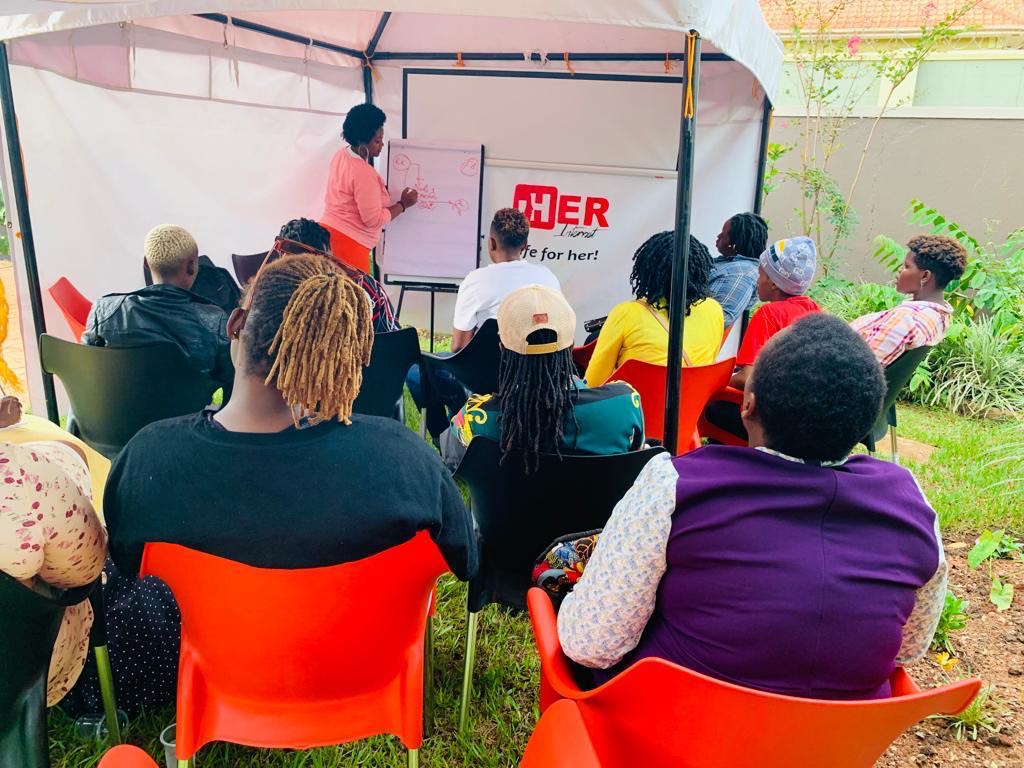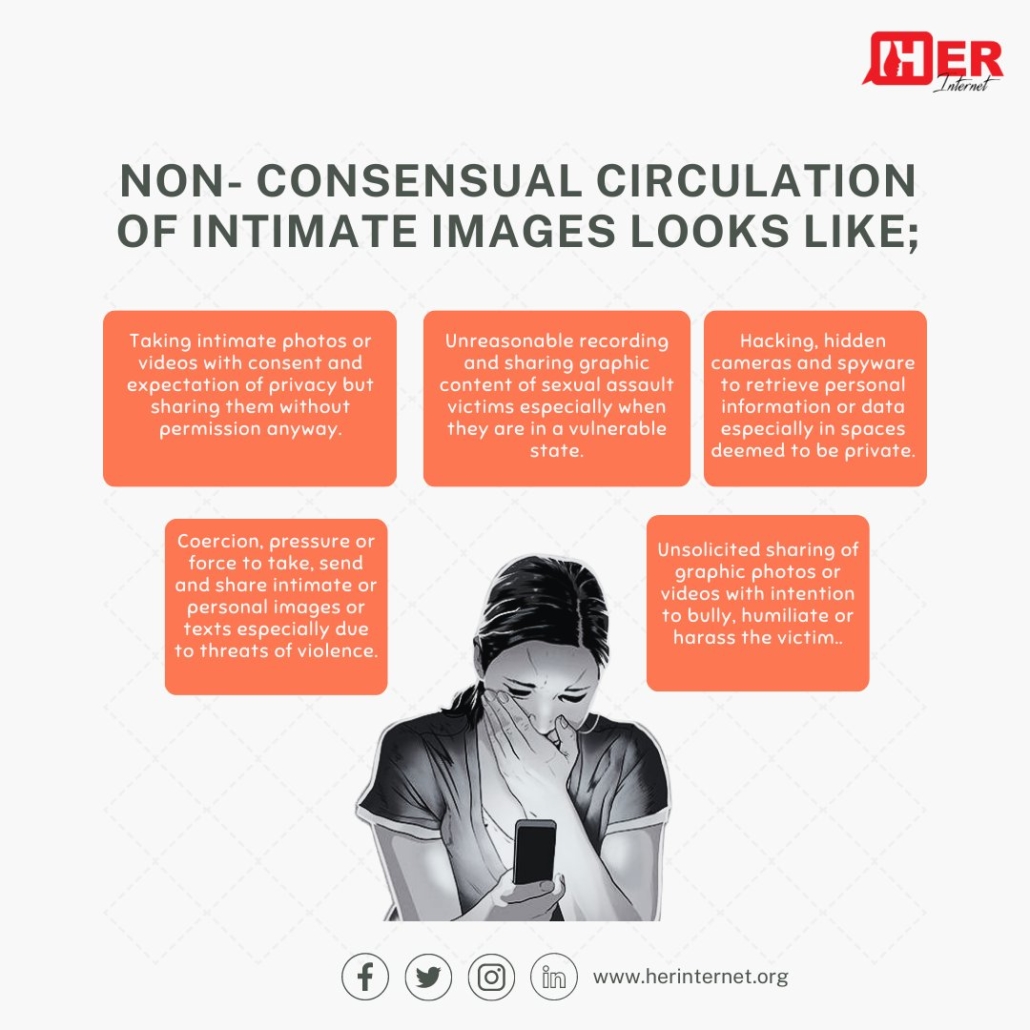Biannual Newsletter 2023 Issue 5.
/in News & Articles, Publications/by AdministratorWelcome to the 5th Edition of our Biannual Newsletter where we recap some highlights of news and events from the first half of this year -2023 which include; an Online Safety and Security workshop (Cohort 2) leading up to Internet Safety Month, a virtual Digital Safety Training on Circumvention Techniques in commemoration of International Girls in ICT Day, observance of International Women’s Day #IWD2023 under global theme “DigitALL: Innovation and technology for gender equality” and CNN engagement on How Does Your Gender Affect Your Life Online. To view or download, here; https://www.herinternet.org/wp-content/uploads/2023/07/HI-Newsletter-2023-Edition-52-1.zip
As you spare a few minutes to dive in, we really hope that you enjoy catching up with us and reach out in case of any feedback, queries or inquiries. We appreciate your continuous support thus far, and, have a great rest of the year.



 Facilitators, Justine Atim and Shawn Oseku brainstorm with the participants in a session on Principles and Recommendations to Gender Responsive Reporting.
Facilitators, Justine Atim and Shawn Oseku brainstorm with the participants in a session on Principles and Recommendations to Gender Responsive Reporting.

